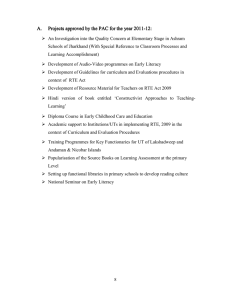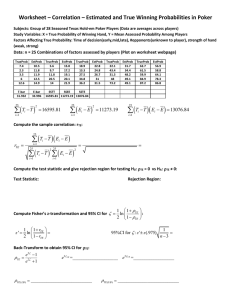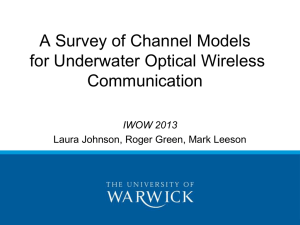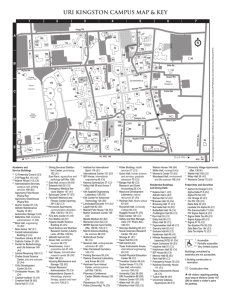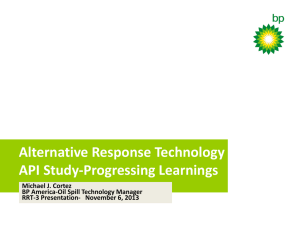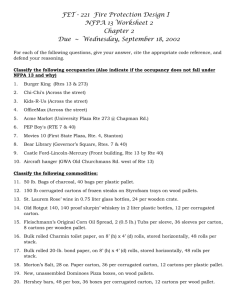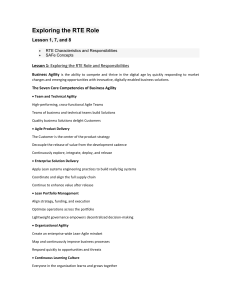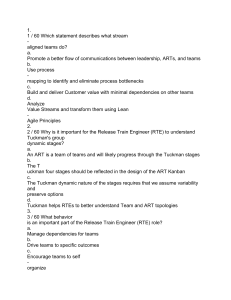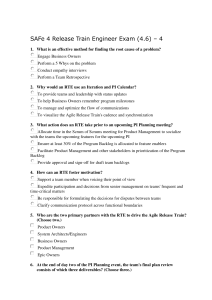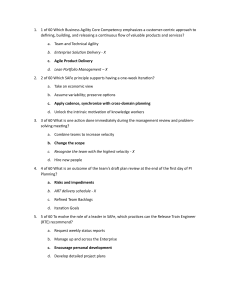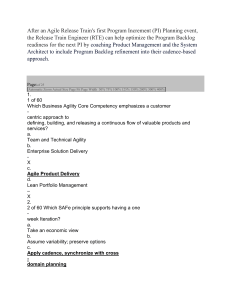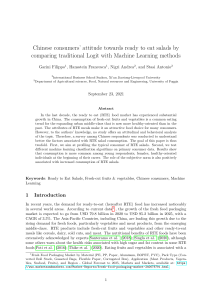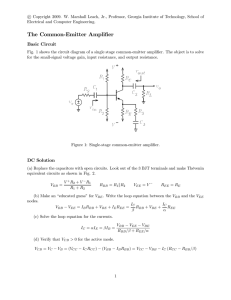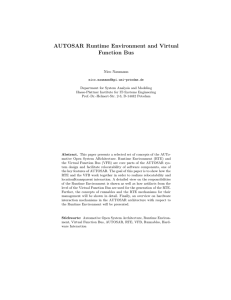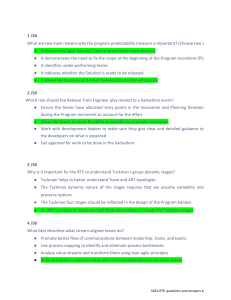INTRODUCTION A Real Time Evaluation (RTE) typically involves
advertisement
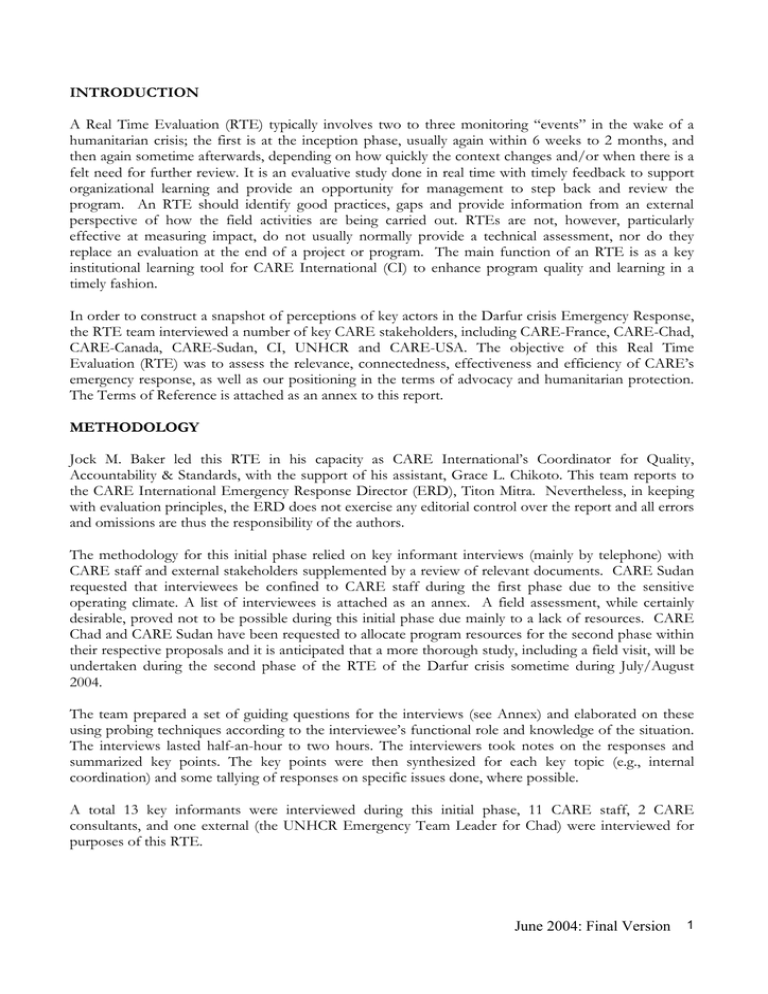
INTRODUCTION A Real Time Evaluation (RTE) typically involves two to three monitoring “events” in the wake of a humanitarian crisis; the first is at the inception phase, usually again within 6 weeks to 2 months, and then again sometime afterwards, depending on how quickly the context changes and/or when there is a felt need for further review. It is an evaluative study done in real time with timely feedback to support organizational learning and provide an opportunity for management to step back and review the program. An RTE should identify good practices, gaps and provide information from an external perspective of how the field activities are being carried out. RTEs are not, however, particularly effective at measuring impact, do not usually normally provide a technical assessment, nor do they replace an evaluation at the end of a project or program. The main function of an RTE is as a key institutional learning tool for CARE International (CI) to enhance program quality and learning in a timely fashion. In order to construct a snapshot of perceptions of key actors in the Darfur crisis Emergency Response, the RTE team interviewed a number of key CARE stakeholders, including CARE-France, CARE-Chad, CARE-Canada, CARE-Sudan, CI, UNHCR and CARE-USA. The objective of this Real Time Evaluation (RTE) was to assess the relevance, connectedness, effectiveness and efficiency of CARE’s emergency response, as well as our positioning in the terms of advocacy and humanitarian protection. The Terms of Reference is attached as an annex to this report. METHODOLOGY Jock M. Baker led this RTE in his capacity as CARE International’s Coordinator for Quality, Accountability & Standards, with the support of his assistant, Grace L. Chikoto. This team reports to the CARE International Emergency Response Director (ERD), Titon Mitra. Nevertheless, in keeping with evaluation principles, the ERD does not exercise any editorial control over the report and all errors and omissions are thus the responsibility of the authors. The methodology for this initial phase relied on key informant interviews (mainly by telephone) with CARE staff and external stakeholders supplemented by a review of relevant documents. CARE Sudan requested that interviewees be confined to CARE staff during the first phase due to the sensitive operating climate. A list of interviewees is attached as an annex. A field assessment, while certainly desirable, proved not to be possible during this initial phase due mainly to a lack of resources. CARE Chad and CARE Sudan have been requested to allocate program resources for the second phase within their respective proposals and it is anticipated that a more thorough study, including a field visit, will be undertaken during the second phase of the RTE of the Darfur crisis sometime during July/August 2004. The team prepared a set of guiding questions for the interviews (see Annex) and elaborated on these using probing techniques according to the interviewee’s functional role and knowledge of the situation. The interviews lasted half-an-hour to two hours. The interviewers took notes on the responses and summarized key points. The key points were then synthesized for each key topic (e.g., internal coordination) and some tallying of responses on specific issues done, where possible. A total 13 key informants were interviewed during this initial phase, 11 CARE staff, 2 CARE consultants, and one external (the UNHCR Emergency Team Leader for Chad) were interviewed for purposes of this RTE. June 2004: Final Version 1
